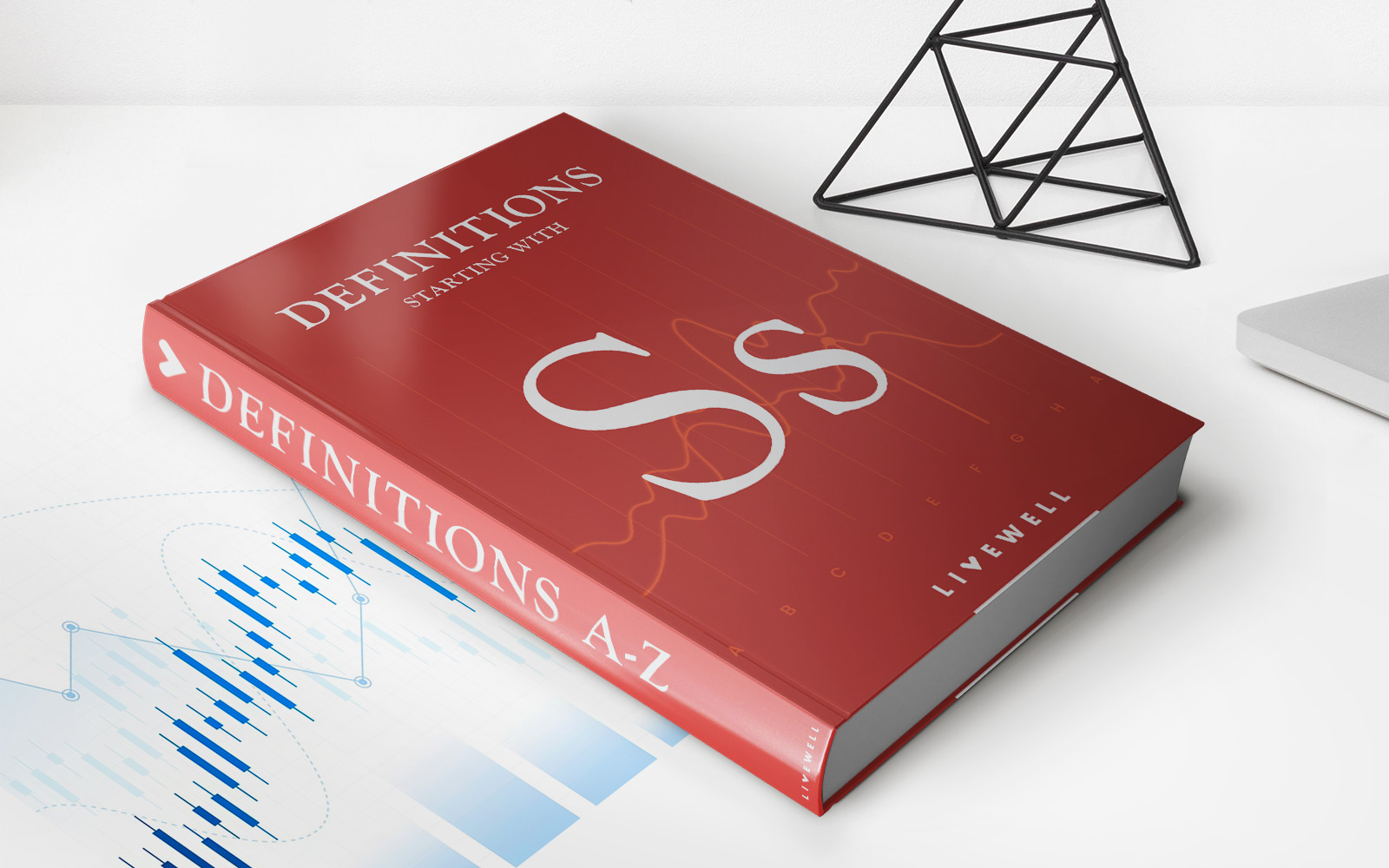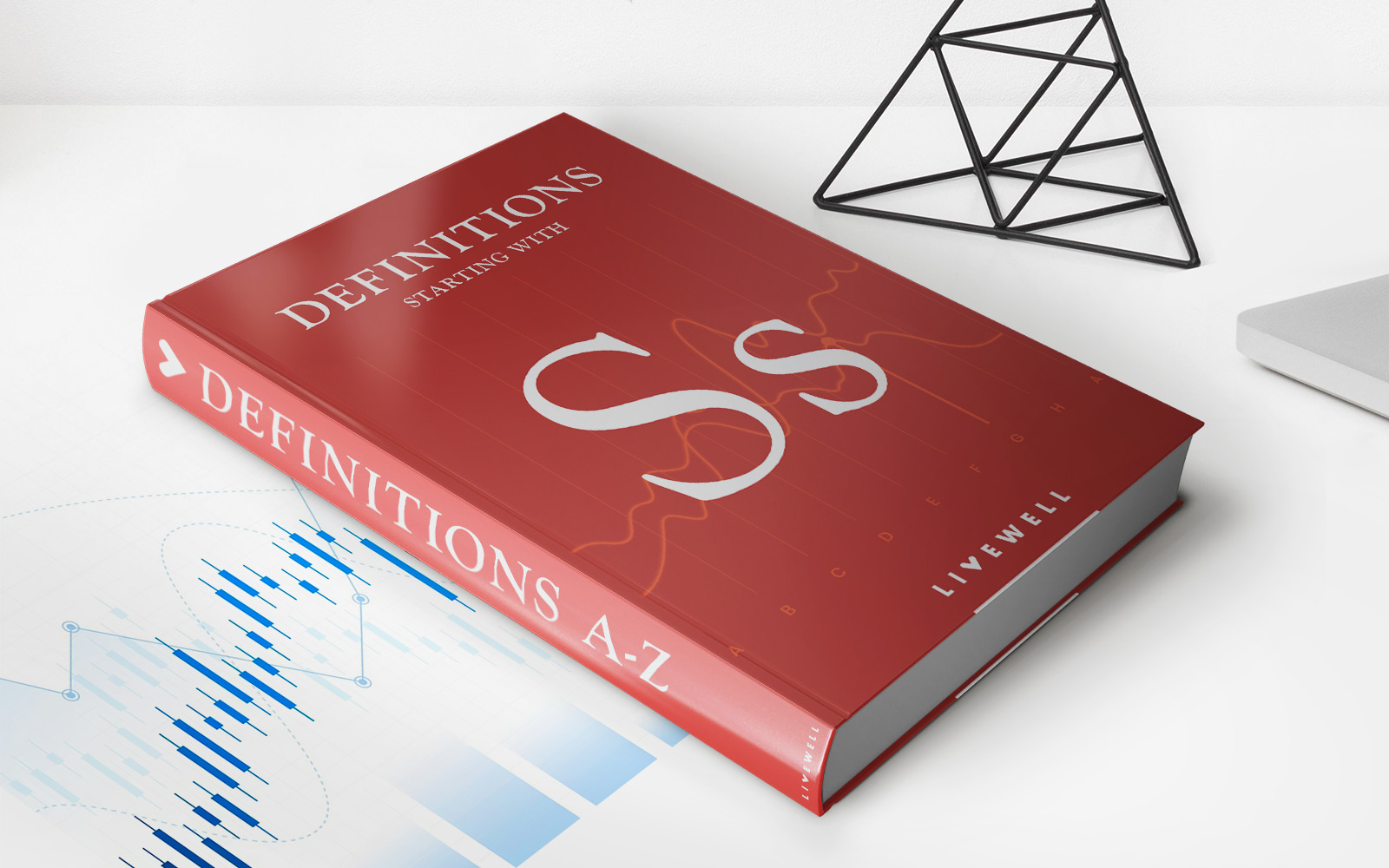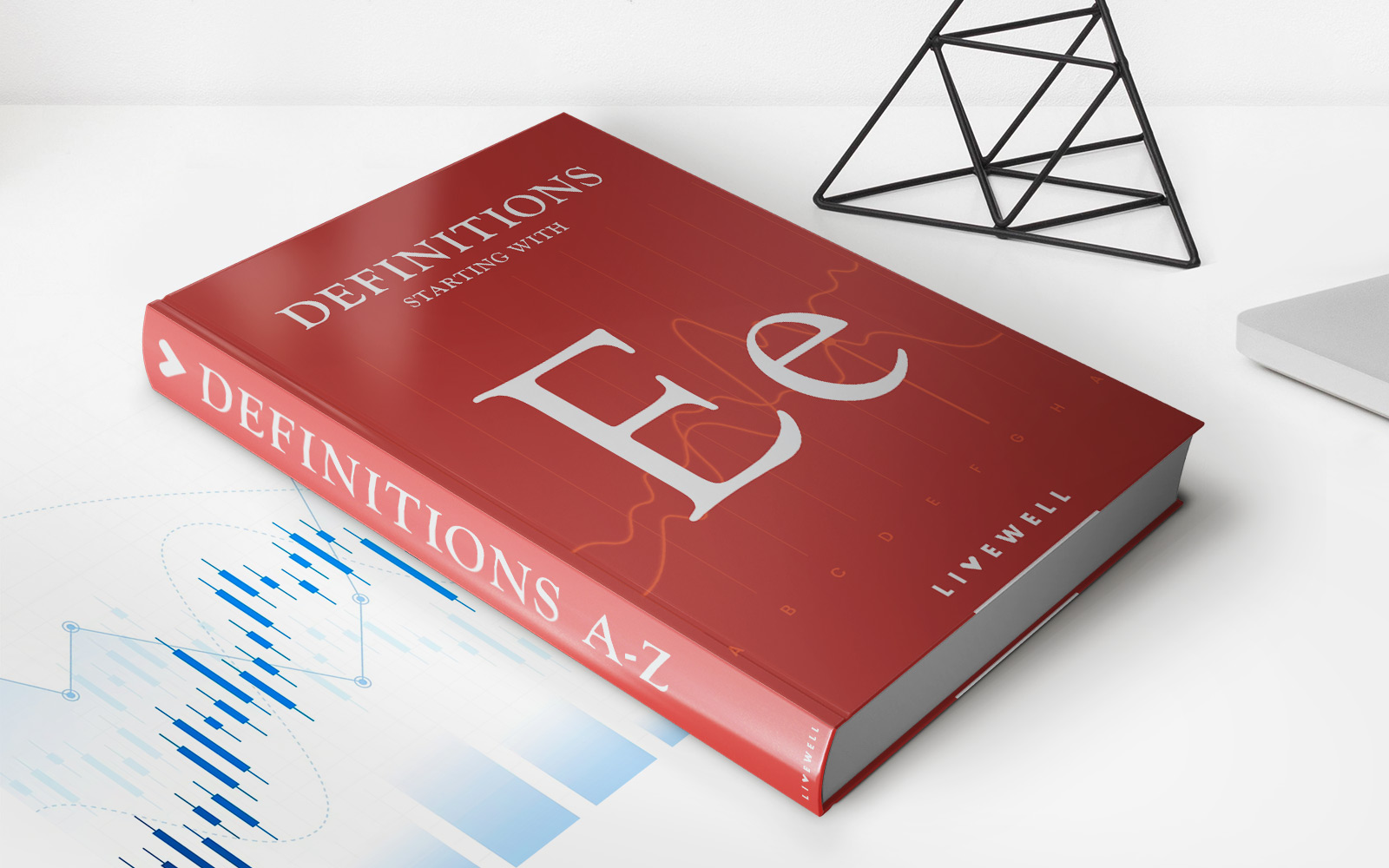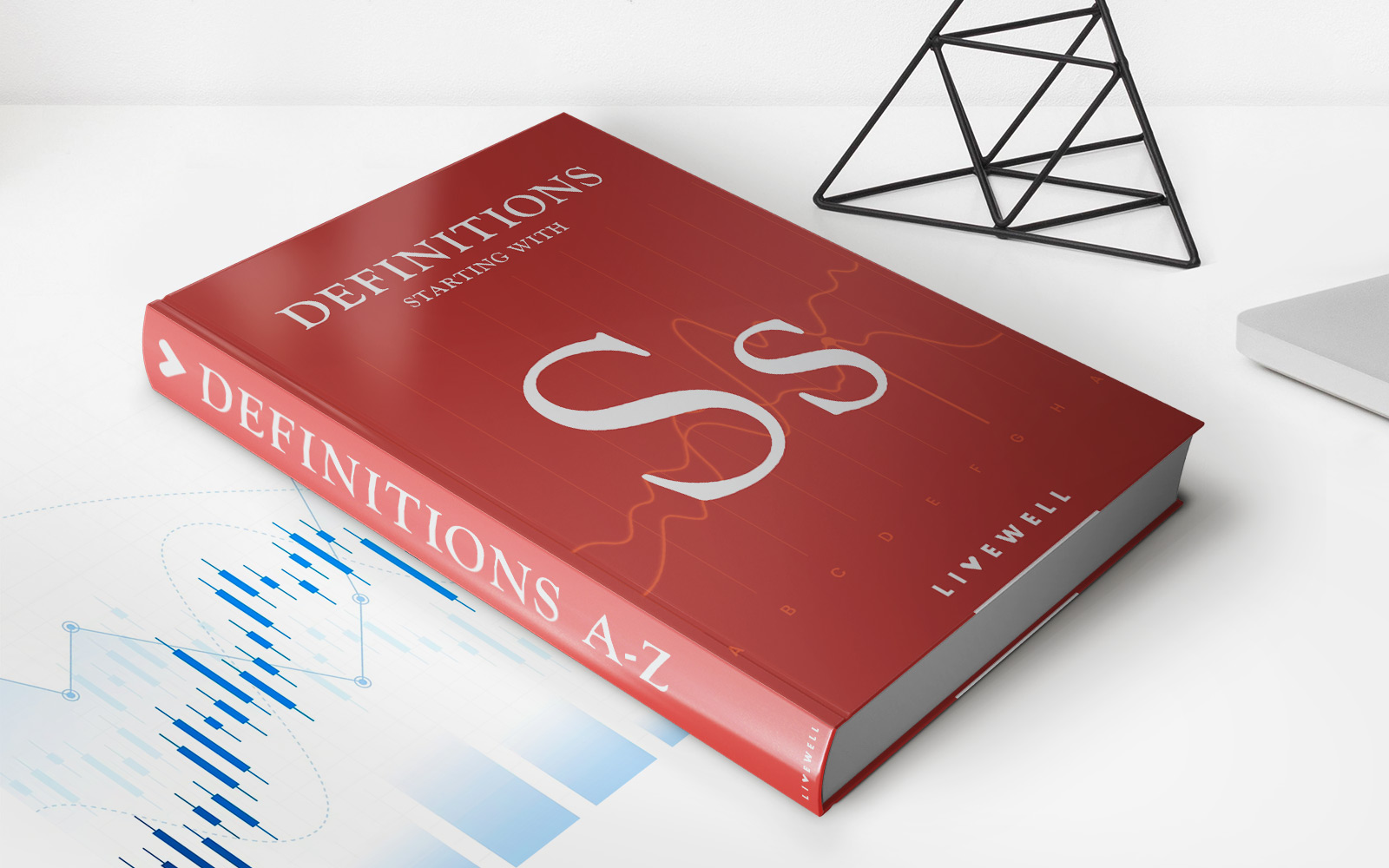Home>Career>A Beginner’s Guide to Effective WhatsApp Marketing in 2024


Career
A Beginner’s Guide to Effective WhatsApp Marketing in 2024
Published: June 13, 2024
Discover effective WhatsApp marketing strategies for 2024. Learn how to leverage this platform to boost engagement and drive sales.
(Many of the links in this article redirect to a specific reviewed product. Your purchase of these products through affiliate links helps to generate commission for LiveWell, at no extra cost. Learn more)
Table of Contents
- Understanding WhatsApp Marketing
- Why Use WhatsApp for Marketing?
- Getting Started with WhatsApp Business Tools
- Building Your Audience
- Creating Engaging Content
- Utilizing WhatsApp Status
- Leveraging WhatsApp Groups and Broadcast Lists
- Implementing Automation and Chatbots
- Measuring and Optimizing Performance
- Ensuring Compliance and Best Practices
In 2024, WhatsApp continues to be a dominant messaging platform, boasting over two billion active users worldwide. Its widespread use and personal nature make it a powerful tool for businesses looking to engage with customers directly and effectively. If you’re new to WhatsApp marketing, this guide will provide you with the essentials to get started and maximize your impact.
Understanding WhatsApp Marketing
WhatsApp marketing involves using the platform to communicate with customers, promote products or services, and build brand loyalty. Unlike traditional social media platforms, WhatsApp offers a more intimate, one-on-one communication channel, allowing businesses to foster closer relationships with their customers.
Why Use WhatsApp for Marketing?
- High Engagement Rates: WhatsApp messages have a significantly higher open rate compared to emails and other forms of communication.
- Global Reach: With billions of users across the globe, WhatsApp provides an unparalleled opportunity to reach a vast audience.
- Cost-Effective: Sending messages via WhatsApp is free, making it an affordable marketing tool, especially for small businesses.
- Personalized Communication: WhatsApp allows for personalized interactions, which can enhance customer satisfaction and loyalty.
Getting Started with WhatsApp Business Tools
To begin your WhatsApp marketing journey, you need to set up a WhatsApp Business account. There are two main tools available:
- WhatsApp Business App: Designed for small businesses, this app offers essential features like automated messages, quick replies, and labels to organize chats.
- WhatsApp Business API: The WhatsApp Business API is designed for medium to large businesses, enabling them to handle high volumes of messages and integrate with CRM systems. To utilize this powerful tool effectively, businesses need dedicated WhatsApp marketing software to manage communications, automate responses, and streamline customer interactions efficiently.
Steps to Set Up WhatsApp Business:
- Download and Install: Download the WhatsApp Business app from the Google Play Store or Apple App Store.
- Register Your Business: Register with your business phone number and complete your business profile by adding a business name, description, address, and website.
- Set Up Messaging Tools: Utilize features like automated greeting messages, away messages, and quick replies to streamline communication.
Building Your Audience
Building a robust audience on WhatsApp requires strategic efforts. Here are some effective methods:
- Promote Your WhatsApp Number: Display your WhatsApp number on your website, social media profiles, email signatures, and physical store locations.
- Offer Incentives: Encourage customers to connect with you on WhatsApp by offering exclusive deals, discounts, or valuable content.
- Leverage Existing Channels: Use your existing marketing channels, such as email newsletters and social media posts, to invite your audience to join you on WhatsApp.
Creating Engaging Content
Content is king in WhatsApp marketing. Here’s how to create engaging content that resonates with your audience:
- Personalized Messages: Tailor your messages to individual customers based on their preferences and past interactions. Personalization can significantly enhance engagement.
- Rich Media: Use images, videos, voice messages, and documents to make your messages more dynamic and engaging. For example, share product demonstration videos or behind-the-scenes content.
- Interactive Content: Encourage two-way communication by asking questions, conducting polls, and inviting feedback. This not only boosts engagement but also provides valuable insights into customer preferences.
Utilizing WhatsApp Status
WhatsApp Status allows you to share updates with your contacts in a format similar to Instagram Stories. Status updates are visible for 24 hours and can be a powerful marketing tool.
Tips for Using WhatsApp Status:
- Share Timely Updates: Use Status to share real-time updates about new product launches, upcoming events, or limited-time offers.
- Tell a Story: Create a narrative with a series of Status updates to keep your audience engaged and encourage them to check back for new updates.
- Use Visuals: Incorporate eye-catching images and videos to make your Status updates more appealing.
Leveraging WhatsApp Groups and Broadcast Lists
WhatsApp Groups and Broadcast Lists are excellent tools for reaching multiple customers simultaneously.
WhatsApp Groups:
- Create Community: Build a community around your brand by creating groups where customers can share experiences, ask questions, and engage with each other.
- Provide Value: Use groups to provide exclusive content, such as expert tips, early access to new products, and special discounts.
- Manage Effectively: Set clear group rules and moderate discussions to maintain a positive and productive environment.
WhatsApp Broadcast Lists:
- Send Mass Messages: Use Broadcast Lists to send the same message to multiple contacts without them seeing each other. This is ideal for announcements and promotional messages.
- Segment Your Audience: Create different broadcast lists based on customer segments, such as VIP customers, new subscribers, or location-based groups, to tailor your messages more effectively.
Implementing Automation and Chatbots
Automation and chatbots can enhance your WhatsApp marketing by providing instant responses and streamlining customer interactions.
Benefits of Automation and Chatbots:
- 24/7 Customer Support: Provide round-the-clock assistance to customers, answering common queries and guiding them through processes like order tracking.
- Lead Qualification: Use chatbots to qualify leads by asking pre-set questions and directing potential customers to the right sales representative.
- Seamless Transactions: Automate processes such as appointment bookings, product recommendations, and payment confirmations to enhance the customer experience.
Measuring and Optimizing Performance
To ensure your WhatsApp marketing efforts are effective, it’s essential to track performance and make data-driven improvements.
Key Metrics to Monitor:
- Open Rates: Measure the percentage of messages opened by recipients to gauge initial engagement.
- Response Rates: Track the number of responses to your messages to assess customer interest and engagement.
- Conversion Rates: Monitor the number of recipients who take the desired action, such as making a purchase or signing up for an event, to evaluate the success of your campaigns.
- Customer Satisfaction: Use feedback and surveys to measure customer satisfaction and identify areas for improvement.
Optimization Tips:
- A/B Testing: Experiment with different message formats, content types, and sending times to determine what works best for your audience.
- Feedback Loop: Regularly gather feedback from your audience to understand their needs and preferences, and adjust your strategy accordingly.
- Continuous Improvement: Stay updated with the latest WhatsApp features and trends to keep your marketing efforts fresh and effective.
Ensuring Compliance and Best Practices
Compliance with regulations and adherence to best practices are crucial for maintaining trust and avoiding legal issues.
Compliance Tips:
- Obtain Consent: Ensure you have explicit consent from customers before sending them marketing messages on WhatsApp.
- Respect Privacy: Handle customer data responsibly and comply with data protection regulations, such as GDPR.
- Provide Opt-Out Options: Allow customers to easily opt out of receiving messages and promptly honor their requests.
Best Practices:
- Be Respectful: Avoid sending too many messages and respect your customers’ time and preferences.
- Maintain Professionalism: Keep your communications professional and aligned with your brand’s tone and values.
- Focus on Value: Always aim to provide value in your messages, whether through useful information, exclusive offers, or engaging content.
WhatsApp marketing offers a unique opportunity to engage with customers on a personal level, build stronger relationships, and drive business growth. By understanding the platform’s capabilities, building a targeted audience, creating engaging content, and leveraging tools like automation and chatbots, you can effectively utilize WhatsApp for your marketing efforts in 2024.
Remember to track your performance, continuously optimize your strategy, and adhere to compliance and best practices to ensure long-term success. As you embark on your WhatsApp marketing journey, focus on delivering value and fostering genuine connections with your audience.














